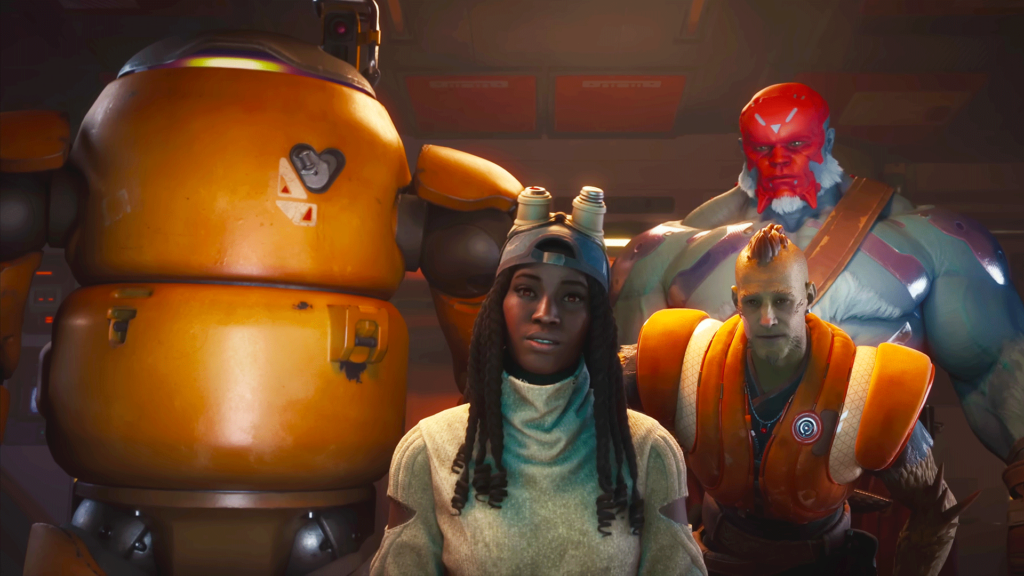The best return on investment in terms of hours of deep engagement per dollar in entertainment is with games. When done right, they blend stunning visuals and sounds, earworm-like musical scores, compelling story and acting, and a sense of progression that are second to none.
Case in point: I bought the complete edition of the award-winning The Witcher 3: Wild Hunt for $10 during a Steam sale in 2021. According to Steam, I’ve logged over 200 hours (I had to doublecheck that number!) playing the game, between two playthroughs and the amazing expansions Hearts of Stone and Blood and Wine — an amazing 20 hours/dollar spent. Even paying full freight (as of this writing, the complete edition including both expansions costs $50), that would still be a remarkable 4 hours/dollar. Compare that with the price of admission to a movie or theater or concert.
The Witcher 3 has now surpassed 50 million sales — comfortably earning over $1 billion in revenue which is an amazing feat for any media property.
But as amazing and as lucrative as these games can be, these games cannot escape the cruel hit-driven basis of their industry, where a small number of games generate the majority of financial returns. This has resulted in studios chasing ever more expensive games with familiar intellectual property (i.e. Star Wars) that has, to many game players, cut the soul from the games and has led to financial instability in even popular game studios.
This article from IGN summarizes the state of the industry well — with so-called AAA games now costing $200 million to create, not to mention $100’s of millions to market, more and more studios have to wind down as few games can generate enough revenue to cover the cost of development and marketing.
The article predicts — and I hope it’s right — that the games industry will learn some lessons that many studios in Hollywood/the film industry have been forced to: embrace more small budget games to experiment with new forms and IP. Blockbusters will have their place but going all-in on blockbusters is a recipe for a hollowing out of the industry and a cutting off of the creativity that it needs.
Or, as the author so nicely puts it: “Maybe studios can remember that we used to play video games because they were fun – not because of their bigger-than-last-year maps carpeted by denser, higher-resolution grass that you walk across to finish another piece of side content that pushes you one digit closer to 100% completion.”
Just five years ago, AAA projects’ average budget ranged $50 – $150 million. Today, the minimum average is $200 million. Call of Duty’s new benchmark is $300 million, with Activision admitting in the Competition & Market Authority’s report on AAA development that it now takes the efforts of one-and-a-half studios just to complete the annual Call of Duty title.
It’s far from just Call of Duty facing ballooning costs. In the same CMA report, an anonymous publisher admits that development costs for one of its franchises reached $660 million. With $550 million of marketing costs on top, that is a $1.2 billion game. To put that into perspective, Minecraft – the world’s best-selling video game of all time – has of last year only achieved $3 billion. It took 12 years to reach that figure, having launched in 2011.

The Blockbuster Games Bubble Has Burst
Sab Astley | IGN

Leave a Reply